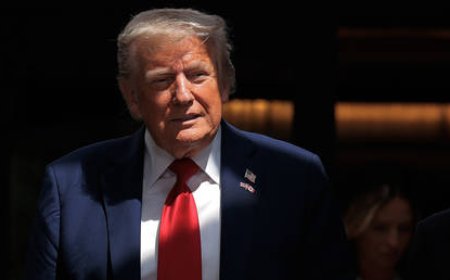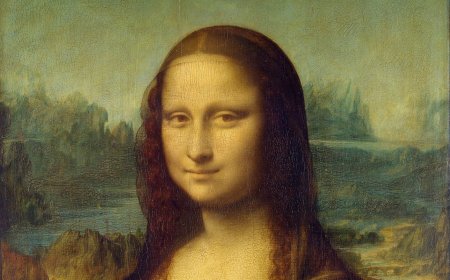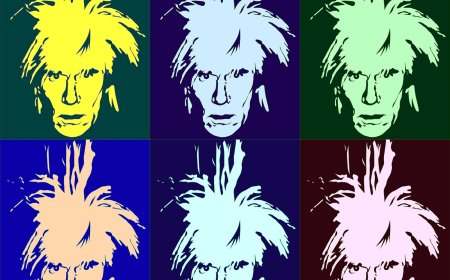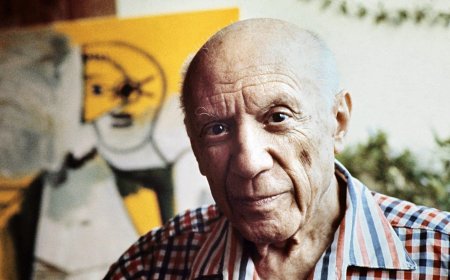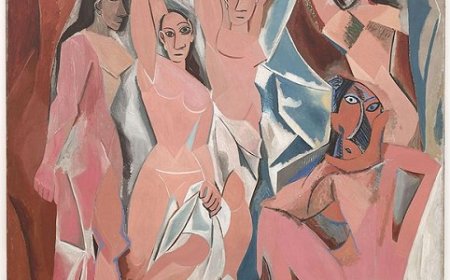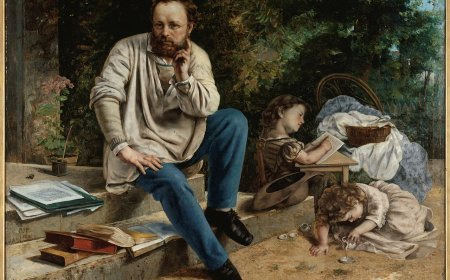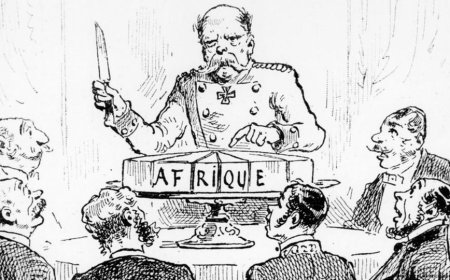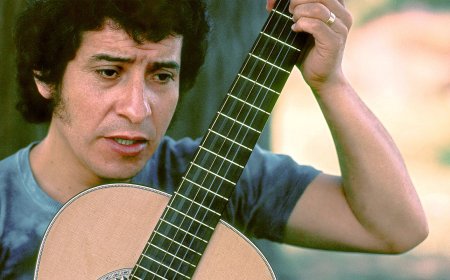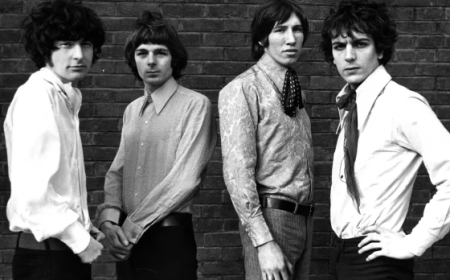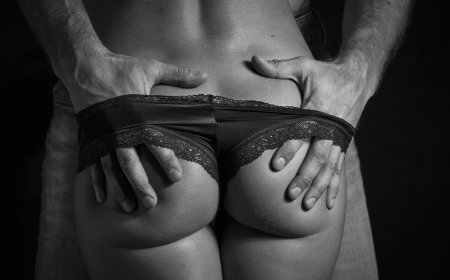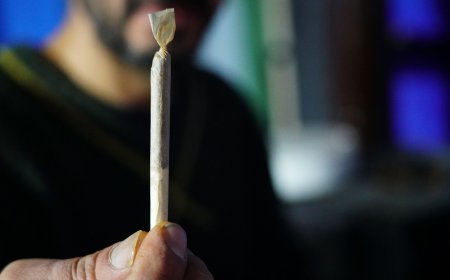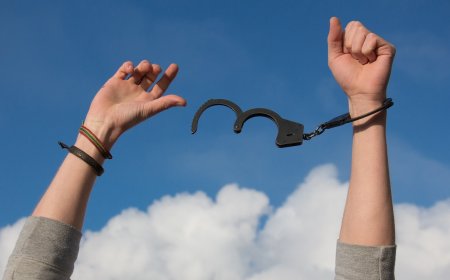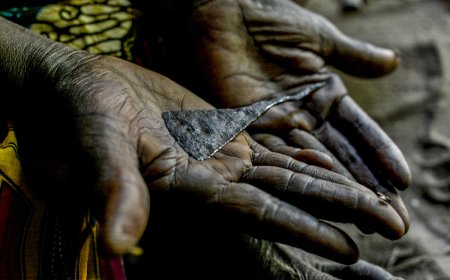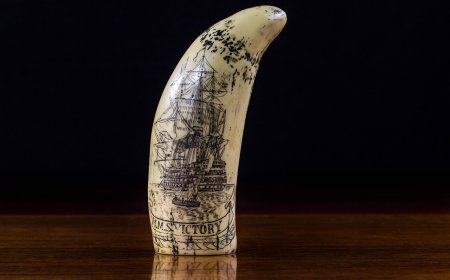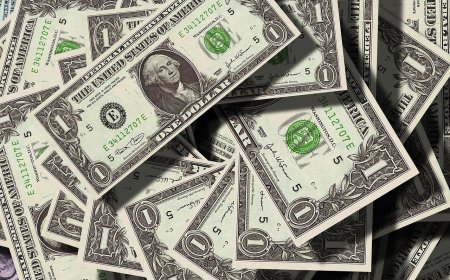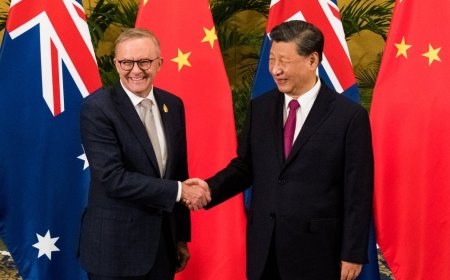Who the hell invented money?
«Money it's a crime.» Roger Waters wrote and the Pink Floyd sung it allover the world since 50 years. But the history of money is relatively recent, revealed with the history of humanity.

The invention of money is a fascinating aspect of human history that evolved over millennia. Money emerged as a solution to the limitations of barter systems, where goods and services were directly exchanged for other goods and services. Barter systems had various challenges, including the double coincidence of wants, lack of a standardized measure of value, and difficulties in storing and transporting certain goods.
The exact origins of money are not definitively known, as it predates written records. However, several forms of early money can be traced back to ancient civilizations and societies. Some of the earliest forms of money include:
-
Commodity Money: This was based on valuable items that had intrinsic worth and were widely recognized and desired. Common examples included seashells, salt, cattle, and precious metals like gold and silver. These commodities served as a medium of exchange because people valued them for their usefulness or rarity.
-
Metal Coinage: The use of metal coins as money began around 600 BCE in the ancient kingdom of Lydia (in modern-day Turkey). These coins were made from electrum, a natural alloy of gold and silver. The concept of stamping the coins with symbols or images of rulers or deities helped establish their authenticity and standardize their value.
-
Paper Money: The earliest known use of paper money dates back to 7th-century China during the Tang Dynasty. Merchants and travelers would deposit their precious metal coins with a trustworthy individual or establishment and receive a paper certificate as a promissory note for the deposited value. These notes could then be exchanged for goods and services, effectively acting as a form of representative money.
-
Fiat Money: In time, many societies moved towards fiat money, which derives its value from government regulation or decree, rather than being backed by physical commodities. Governments declared certain forms of currency as legal tender for settling debts, and people accepted it based on trust in the issuing authority. Most of today's global currencies are fiat money.
The evolution of money is closely linked to the development of trade, commerce, and complex societies. Over time, monetary systems became more sophisticated, leading to the modern financial systems we have today. The use of money has significantly facilitated economic exchanges and played a crucial role in shaping human civilization.


















